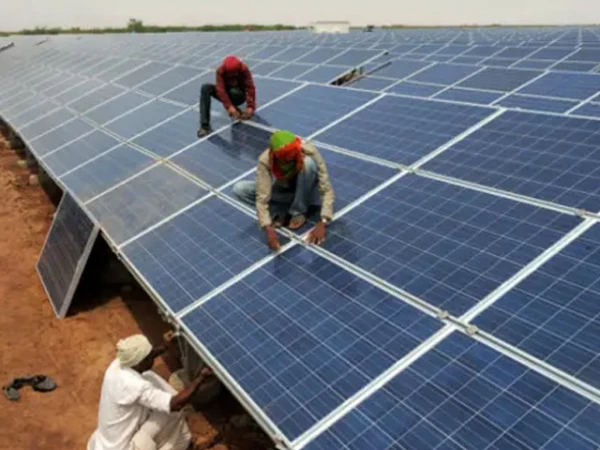Islamabad:
The energy sector in Pakistan stands at a critical point, where the growing contradiction between the policy direction and its practical implementation is putting the country’s clean energy transfer.
The government, at one time, is called domestic and commercial solar energy, a permanent solution for electricity prices and energy insecurity, now taking answers in the net measurement policy, the decision has forced the public and business class to question the government’s fresh energy commitment.
During summer, the demand for electricity reaches 29 thousand MW, while the installed production capacity has exceeded 46,000 MW, yet poor grid structures, dependence on imported fuels is increasing and insufficient use of production capacity is ineffective.
Between 2022 and 2024, there was a significant increase in solar energy, especially in solar systems on the roofs. Under the net metering scheme, the number of registered users has exceeded 2.8 million and the total capacity has reached 2813 MW.
However, under the recent government decision, a decrease in net metering rates from Rs 27 per unit to Rs 10 has caused serious disappointment among those investing in solar energy.
Mian Sohail Nisar, acting head of Pakistan Industrial and Traders Association, said the transfer of solar energy, which was once considered the future of Pakistan’s energy, has now become a burden in the government’s eyes, these policies are destroying public beliefs and investors.
Energy experts say that the main reason for changes in net metering policy is financial pressure, due to low dependence on solar consumer grids and more power sales, power distribution companies have been unable to meet their basic costs, only in 2024, the grid relying on the grid can be burnt with rupees.
According to the former power sector official, the problem is not solar energy, but a poor plan, the government has failed to upgrade the grid, now it is putting debris on solar consumers.
Experts say that the new ‘Grass Metering’ model should have been introduced in a phased manner, this change has also disappointed users who have invested heavily on the encouragement of the government and are now facing secret changes such as their financial losses, uncertain billing and potential smart meters.
Energy analyst Farid Hussain said that our biggest failure is the absence of broad and integrated energy road maps, it is not possible to change the policies on time, the circulation loan of the energy sector has exceeded 2.6 trillion rupees and the government has started burning consumers instead of correcting the poor system.
Experts and industrialists unanimously demanded that Pakistan need a clear and permanent energy strategy, otherwise the country would lose alternative energy solutions that may brighten its future.


